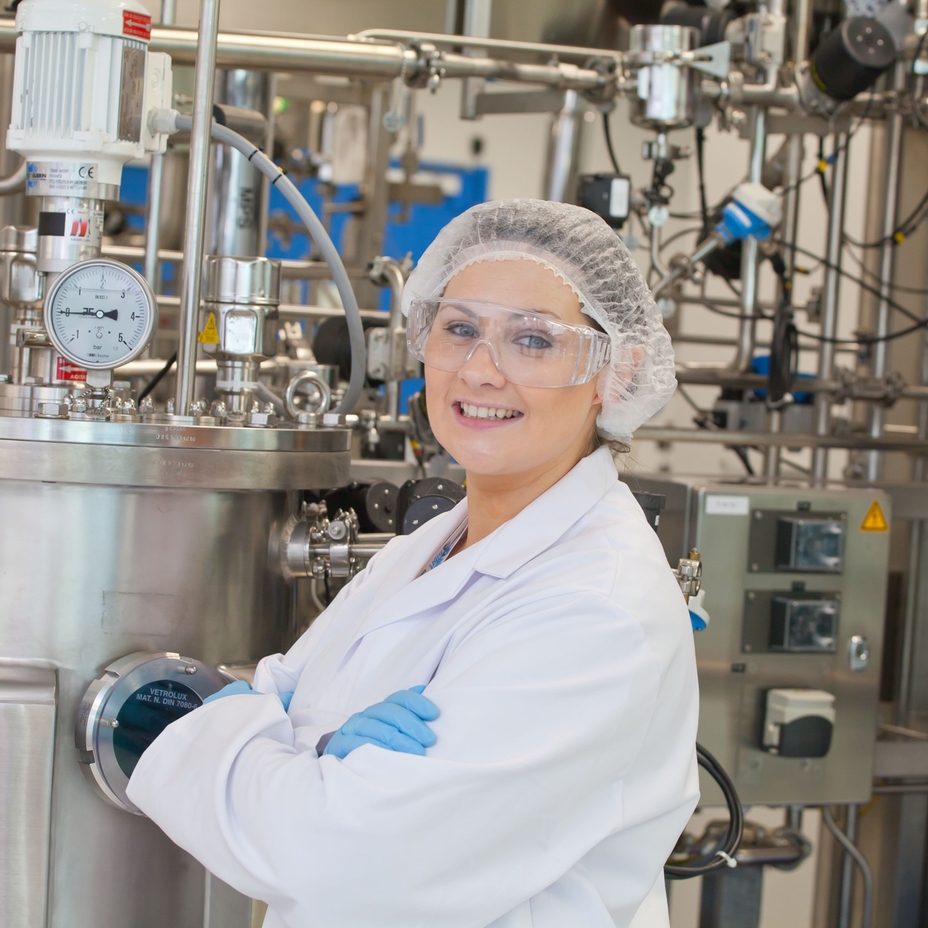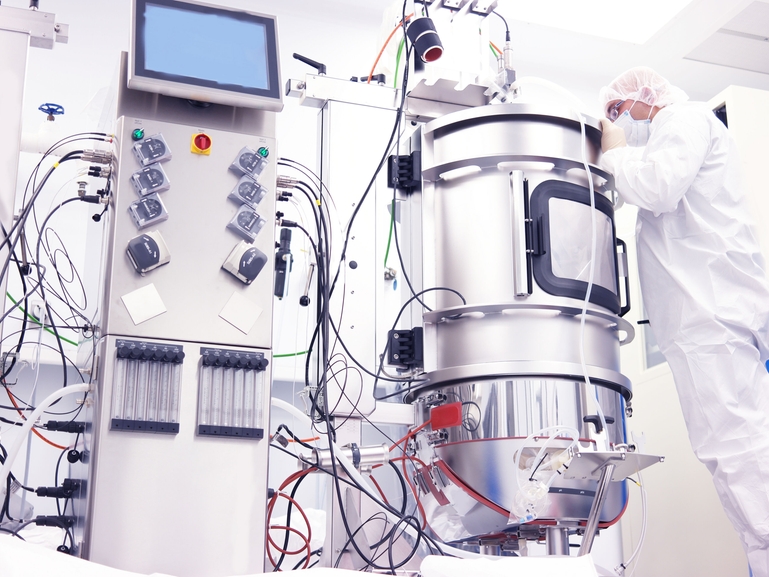
Welcome to the forefront of bioprocess analysis innovation
Where science, technology, and human health converge to shape a brighter future.
In the dynamic realm of global health, life-saving medicines occupy a pivotal role. However, the intricate biological molecules essential for their creation present significant process challenges. The biopharmaceutical industry is currently experiencing an unprecedented surge in demand for diverse new biologics— ranging from vaccines to advanced personalized therapies, targeted medications, and specialty drugs. These innovative modalities exert continuous pressure on biomanufacturers to accelerate product development, swiftly scale production, and extract maximum value from existing processes.
To fulfill patient demand for safe, high-quality drugs, biomanufacturers must forge robust, reliable processes capable of operating at any scale. These processes must be adaptable for both reusable and single-use bioreactor setups. As the landscape evolves, companies strategically pivot toward smaller, smarter, and more flexible facilities. Automation stands as a cornerstone, facilitating streamlined operations, while real-time, inline monitoring of quality parameters and meticulous risk management enhance overall efficiency.
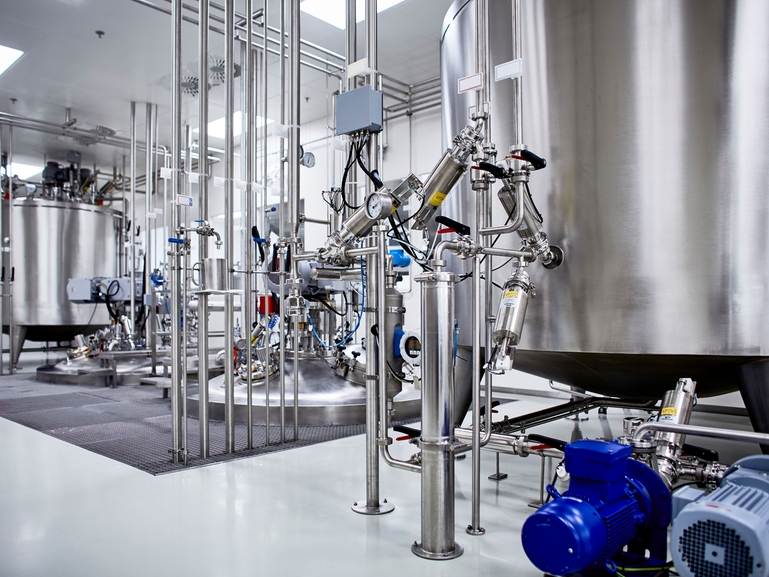
We understand your challenges
In the development and production of biotherapeutics and vaccines, time and cost present formidable challenges. Companies strive to shorten the gap between drug discovery and production. Critical Quality Attributes (CQAs) can be influenced by Critical Process Parameters (CPPs) such as media composition, metabolites concentrations, pH, dissolved oxygen, viable and total cell density in the upstream process, as well as pH, conductivity and UV for target protein detection in the downstream process.
Traditionally, most of these parameters are assessed in laboratories, leading to potential inconsistencies due to sampling techniques, suboptimal handling, and discrepancies between real-time measurements and lab analyses. Extracted samples might not perfectly align with the process state, and deviations can occur even when following standard operating procedures (SOPs). The resulting time lag between sample extraction and lab test results does not allow feedback control, which reduces process efficiency and elevates the risk of quality issues and batch loss. This is where real-time, inline measurement techniques come to the rescue.
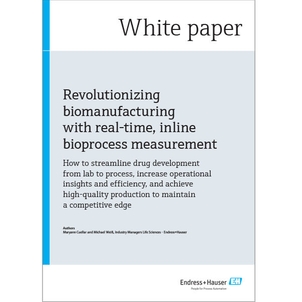
White paper: Revolutionizing biomanufacturing
Real-time, inline bioprocess measurement throughout your product journey.
Whether you’re developing life-saving medications, preparing for their production, or seeking enhancements for existing drug formulations, this white paper can be your guiding compass. Learn tips and tricks about how to incorporate inline measurement technologies into your upstream and downstream process control strategy:
- Critical parameters, critical decisions: Explore the synergy between CPPs and CQAs, and how they shape your biomanufacturing destiny.
- The art of real-time monitoring: Uncover the magic behind in-line sensors and multi-attribute sensors – your secret weapons for continuous process improvement.
- Yield boost: Discover how cutting-edge analytical sensors seamlessly integrate into your bioprocess streams, providing instantaneous data without disrupting the flow.
- Quality enhancement: Dive into the realm of vibrational spectroscopy (think Raman) and witness how it elevates your product quality.
- From lab to process: Witness a seamless tech transfer to bridge the gap between the lab and the production floor.

Meet an expert
"Real-time knowledge of bioprocesses is transformational for the Life Sciences industry. Inline analysis technologies like Raman spectroscopy and liquid analysis digital sensors provide scientists with unprecedented visibility into bioprocesses. The insights gained serve as a detailed road map, identifying specific areas where process efficiency can be enhanced at every stage of the product lifecycle, from the development laboratory to the manufacturing site."
Ian R. Lewis, PhD
Head of Technical Marketing, Endress+Hauser Optical Analysis
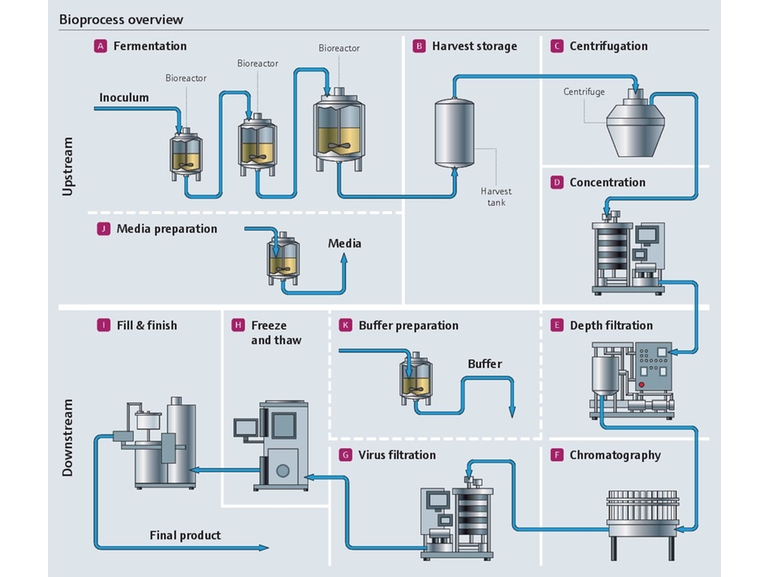
Measuring CPPs and CQAs in real time
Inline process measurement, a game-changer in process understanding, offers precise control over CPPs. Real-time, inline techniques provide superior accuracy compared to traditional offline methods for key process variables. Cell growth rate and yield are affected by many different physical and chemical environmental conditions, so tight monitoring and control of CPPs and CQAs is essential. By continuously monitoring CPPs, organizations achieve Quality by Design (QbD) and avoid costly quality control issues and production delays. Additionally, upstream and downstream inline measurement points provide 24/7 process feedback, opening the door to total process transparency. This equips you with the knowledge needed to tightly monitor and control key parameters within set tolerances across your product lifecycle—both upstream and downstream.
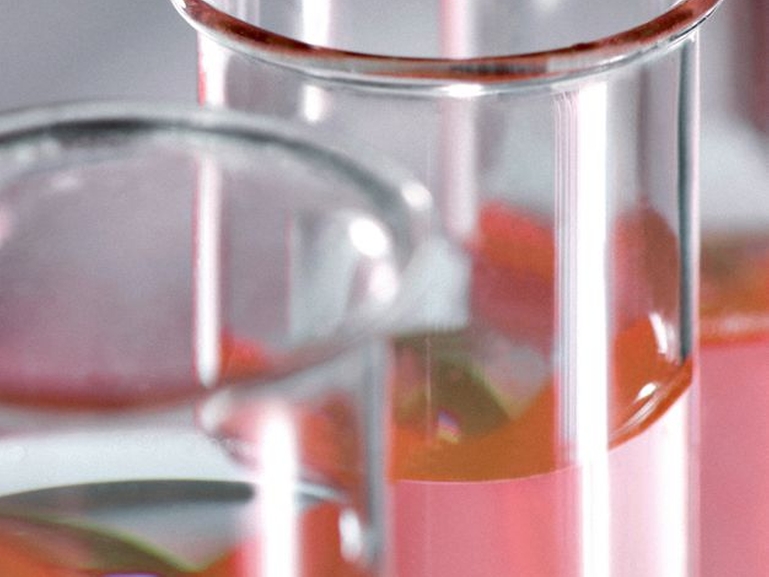
Optimize your upstream ecosystem
In the intricate world of cell culture and fermentation, 24/7 inline analysis plays a central role. Upstream bioprocessing encompasses activities from cell line development to cell culture expansion and harvest. Crucial processes include media optimization, seed train expansion, bioreactor cultivation, and cell culture scale-up. These foundational steps set the stage for downstream processing and the eventual production of biopharmaceuticals. Inline measurements have significantly improved productivity by enhancing cell culture titers and reducing the time from bench to production bioreactor. These measurements control metabolites and nutrition parameters, including glucose, lactate, titer, cell density, and amino acids, while also monitoring process parameters like pH and dissolved oxygen.
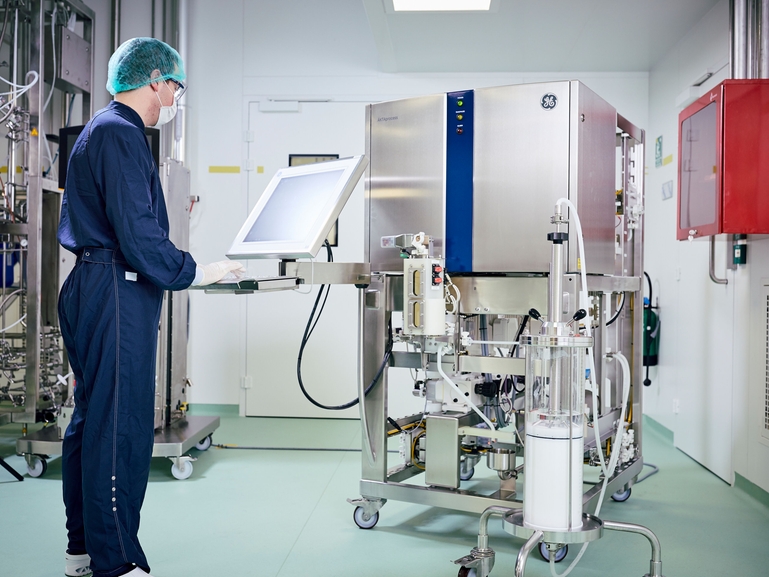
Chart a streamlined downstream course
In downstream bioprocessing, the focus shifts to separating and purifying the target molecule. The goal is to maximize yield in a stable and predictable manner, ensuring optimal product quality and patient outcomes. This stage involves a series of critical steps to recover, purify, and concentrate bioproducts. These steps include:
- filtration
- primary capture
- buffer exchange
- purification
- final polishing
Downstream processes experience rapid composition changes, requiring PATs that accommodate reduced volumes and shorter cycle times. Inline measurement is important because it allows real-time monitoring and control of critical parameters, enabling proactive adjustments during the process which ultimately boosts downstream bioprocessing efficiency and ensures high-quality bioproducts. Parameters like target protein concentration, pH, conductivity, and aggregates are ideally suited to inline measurement in any downstream control strategy.
Wondering where to begin? Top questions answered
You may understand the benefits of monitoring core processes using accurate, data-rich inline measurement technology. However, it is often hard to know where to begin. Here are answers to some common questions to help jump-start your research.

